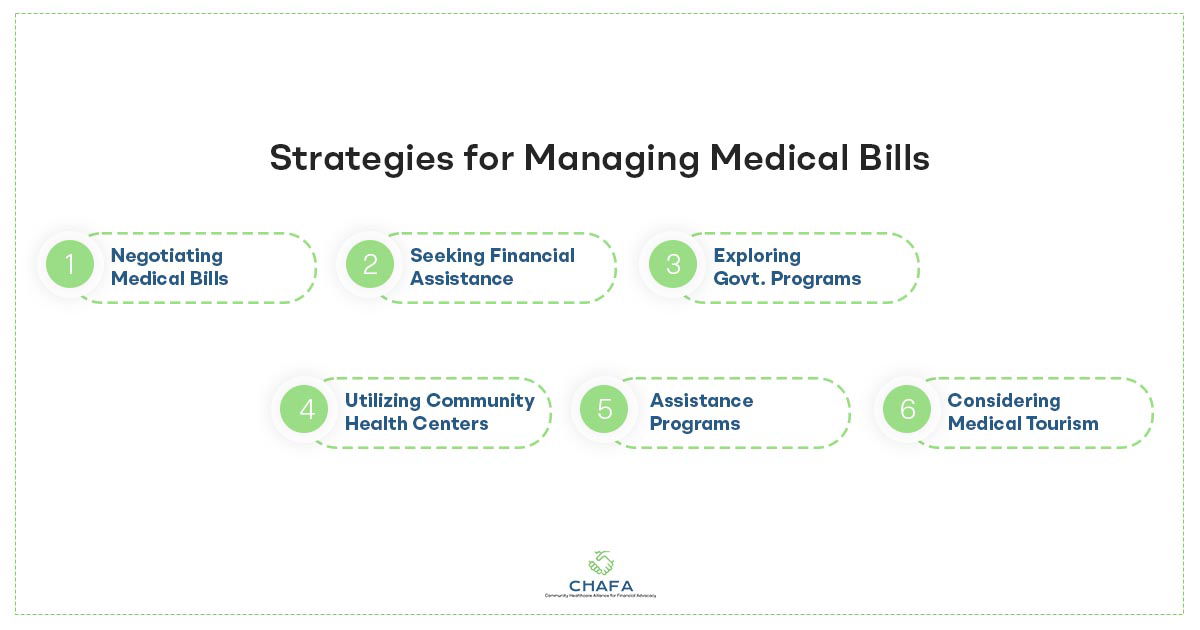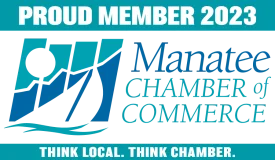
In the United States, healthcare costs can be overwhelming, especially for those without insurance coverage. Unexpected illnesses and medical emergencies can result in significant expenses, making it difficult for individuals and families to make ends meet. While paying uninsured medical costs may seem overwhelming, some methods and tools can reduce the financial strain.
Understanding the Cost of Healthcare Without Insurance
Understanding the true cost of healthcare for those without insurance is of the utmost importance before looking at potential alternatives to reduce healthcare costs. People without insurance often tend to incur greater medical costs as they are responsible for paying the entire cost of all services, prescription drugs, and treatments. According to a study, it showed that those without insurance usually pay a lot more for medical care than people who do have insurance.
Prescription medicine, hospital stays, surgeries, and ER visits all add up to hefty costs quickly in times of emergencies. Additionally, uninsured people face the risk of medical debt and bankruptcy, as well as being the target of aggressive collection efforts by healthcare providers.
Strategies for Managing Medical Bills
Despite the challenges of being uninsured, there are several strategies individuals can employ to manage medical bills effectively:

1) Negotiating Medical Bills:
Some healthcare providers and hospitals tend to be willing to negotiate medical bills, especially for patients who are uninsured. Initiating a conversation about payment options, discounts, or payment plans can help reduce the financial burden.
2) Seeking Financial Assistance:
For those without insurance or with low incomes, a number of hospitals and healthcare organizations offer financial assistance programs. Depending on financial necessity, these programs could offer free or significantly reduced healthcare treatments. The requirements for eligibility differ, so it’s important to find out about available assistance options.
3) Exploring Government Programs:
Certain individuals without insurance could be eligible for government-funded healthcare programs such as Medicaid, which covers people with low incomes and their families. States have different standards for Medicaid eligibility, so it’s vital to find out what options are available in your area.
4) Utilizing Community Health Centers:
Community health centers offer affordable healthcare services to uninsured and underserved populations. These centers provide primary care, preventive services, and assistance with managing chronic conditions at reduced costs.
5) Exploring Prescription Assistance Programs:
For individuals struggling to afford prescription medications, prescription assistance programs offered by pharmaceutical companies, nonprofit organizations, and government agencies can help offset the cost of medications.
6) Considering Medical Tourism:
For uninsured people, traveling overseas for medical treatment through medical tourism can at times be a more cost-effective choice, especially for elective or non-emergency procedures. To make sure that safety and quality requirements are fulfilled, it is important to conduct in-depth research on healthcare providers.
Who Qualifies for Financial Assistance?
Programs for financial assistance differ depending on the hospital, healthcare provider, and organization, but in general, they are meant to support those who are struggling financially and cannot pay for all of their medical care.
Usually, a person’s eligibility for financial aid is determined by their assets, income, family size, and medical costs.
1) Income Level
Federal poverty guidelines are frequently used as the basis for income thresholds in financial assistance programs. Assistance may be available to individuals or families whose income falls below a specific percentage of the federal poverty line.
2) Family Size
When evaluating a household’s eligibility for financial assistance, size is taken into account. Higher qualifying income thresholds could apply to larger families.
3) Medical Expenses
Healthcare providers may take into account a patient’s medical costs—including any out-of-pocket expenses—when assessing whether or not to grant financial aid. High medical costs in comparison to income may make it more likely that you could get approved for assistance.
4) Special Circumstances
Certain programs that provide financial aid consider unique situations, such as severe illness, disability, or other adversities that affect a person’s capacity to pay for medical care.
Preventing Future Financial Crises
While resolving current medical bills is crucial, it’s also important to take steps to prevent medical bills from piling up.
Here are some proactive measures individuals can take:
1) Exploring Insurance Options:
Although it may seem challenging to obtain health insurance without employer-sponsored coverage or eligibility for government programs, exploring alternative options such as Health Insurance Marketplaces, COBRA coverage, or short-term health insurance plans can provide some level of coverage and financial protection.
2) Maintaining Preventive Care:
Prioritizing preventive healthcare measures such as regular check-ups, screenings, and vaccinations can help detect and address health issues early, potentially reducing the need for costly medical interventions later on.
3) Building an Emergency Fund:
Setting aside funds in an emergency savings account specifically designated for healthcare expenses can provide a financial buffer in the event of unexpected medical bills or emergencies.
4) Seeking Financial Counseling:
Many hospitals and nonprofit organizations offer financial counseling services to help individuals understand their healthcare bills, navigate payment options, and develop personalized financial plans.
While the challenges of navigating and reducing healthcare costs without insurance are significant, there are resources and options available to help individuals manage their medical bills and safeguard their financial well-being.
The dedicated professionals at CHAFA, known for our medical bill advocacy services, bring a wealth of experience and expertise to the table when it comes to negotiating and advocating for medical bills.

